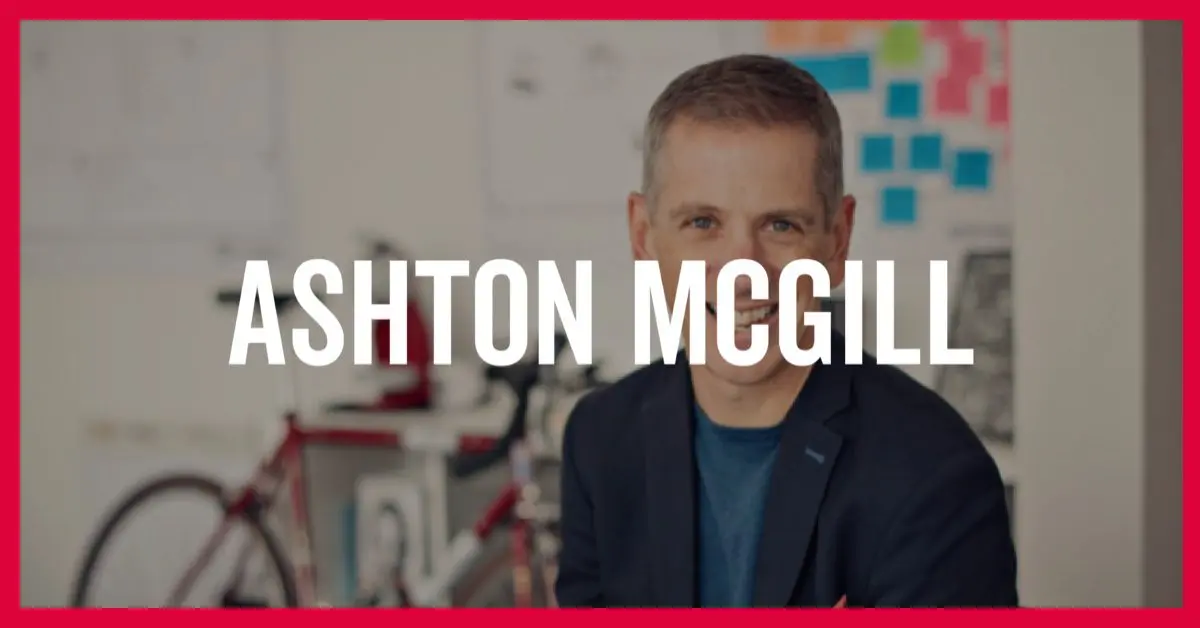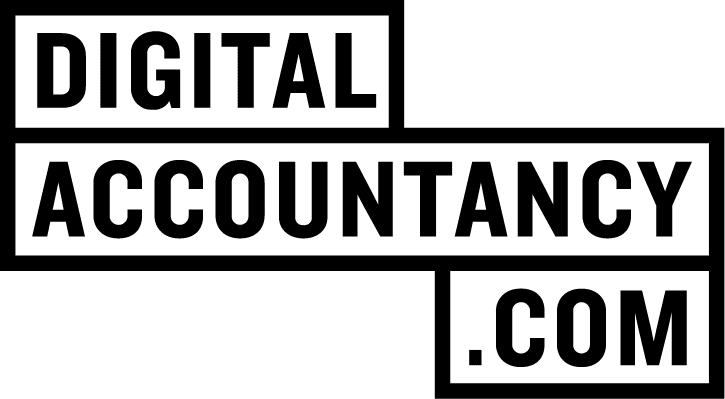Ashton McGill is a forward-thinking and proactive accountancy firm based in Dundee. They have embraced technology within their practice and a winner of the 2019 Xero Small Firm of the Year Award.
The firm was founded by Alasdair McGill and his son Andy back in 2017 and we caught up with Alasdair to find out some more about the business and how they operate.
You created Ashton McGill in 2017. Tell me a bit about yourself and why you decided to set up your own firm.
I qualified as an accountant back in 1993, and spent the next 25 years running businesses in a variety of industries. I’ve done the full journey – startup, grow, mature, buy, sell and, of course, fail. You learn a lot from these experiences!
In 2016 we ran a Customer Experience programme for Xero’s Accounting Partners and it was during this, coupled with bad experiences with our own accountants at the time, that we decided to explore the possibility of applying our design expertise to the business of accounting.
We spent 6 months doing research, interviewing users, and trying to understand the most common pain points in the accountancy service. We then designed a business model that was customer-centred and that our research told us was what business owners wanted.
We finally launched in September 2017 and now work with almost 150 clients and we’ve just hired the tenth member of our team.
Your business partner is your son so is he an accountant too? What is it like working together?
Actually Andy is a designer & marketer. We setup Ashton McGill as a design consultancy together back in 2015, carrying out projects for clients including Scottish Power, Volkswagen, St James Place, Countrywide Group & Xero! Around 10% of our turnover today still comes from design projects and that is growing as our business matures.
We have fun working together. Ashton McGill is like our family – that’s how we think of our team too. We have a rule that we only work with people we like and that work should be fun. Life’s too short otherwise!
You recently moved offices in Dundee and your new offices look amazing – very trendy and modern! What made you decide to move?
Quite simply the opportunity presented itself. One of our clients was moving out of the space, which is owned by another of our clients. We’d always loved their office, and so when we were asked if we’d be interested in moving in, we jumped at the chance!
Previously we worked in a big open plan office – still very cool, in a converted mill, however the new space is a better design & layout for the business we want to be.
Tell me a little about your team. What sort of people do you look for – do you look more for people who know about fashion and design or cloud accounting experience?
Most important of all, we need people that are good communicators, who have great listening skills and the ability to explain sometimes complex and technical issues in a simple way that a non-accountant can easily understand. They need to be tech-savvy, curious, and someone you would want to hang out with.
If they haven’t come from a design background, we then teach them design thinking and the principles of service design that sits behind everything that we do.
Fashion businesses are one of your niches – how did this come about? Do you have a niche for the firm overall?
Fashion is just one of our niches – it’s small at the moment, but growing. My daughter is a fashion designer working in London for a big company and it’s an industry I’ve always been interested in. I’m answering these questions from my hotel in New York where I’ve been over running workshops & events during Fashion Week!
Our overall niche is really people. A specific kind of person. Our ideal client is ambitious, entrepreneurial, tech-savvy and they like to challenge the status quo. They’ll be innovating in their own industry, appreciate good design and even if they’re not a designer, they still pay attention to the details and focus on delivering great customer experiences.
When you say “Fashion”, what sort of clients do you have in this sector? Are they all clothes designers or do you have a wider range?
We work with apparel designers, retailers, and wholesalers in the fashion industry. It’s an industry that’s going through a period of great change, with the High Street no longer as it was in the past.
You are currently in America to go to Fashion Week. Is this the first time you have been there and did you take any of your team?
I’ve been to New York before, but not for Fashion Week. It’s just me that’s going this time, at the invite of Kent State Fashion’s NYC Studio.
Why do you choose to go to these fashion events? Do you find you win new work as a result of you going?
I’m being paid to run workshops so that’s the main reason for coming over. There may well be opportunities that spin out of it. I’m also always interested to meet new people and to learn from them.
Why did you decide to have a niche sector? Was it a tough sector to break into? Are many of your clients Scottish?
Our niche is the person-type and not the industry. However as the business has grown, we have established clusters of businesses in particular industries. The biggest of those would currently be food & drink where we work with some fast-growing stylish drinks brands.
We also have growing clusters in tech & fashion. We’ve found that once we win that first client and deliver an accounting experience unlike anything they’ve ever seen before, we soon start receiving referrals and it builds from there.
What do you find to be the key issues that the fashion industry face and how do you help business owners overcome these?
The change in consumer behaviour is the biggest issue facing the industry at the moment. There’s a move away from high street retail. Consumers want garments delivered to them, in several sizes, so they can try them on at home. Retailers have to figure out the impact of this on inventory & delivery costs.
Sustainability is the other big issue for the industry just now.
We don’t always have the answers, but our strategic consulting experience and design-led tools, allow us to work with clients to test & develop potential solutions. All of this, of course, built on the foundation of strong & robust accounting systems and reporting.
Technology is at the core of what you do. What specialist apps do you use to help your clients and why?
For all clients, irrespective of industry, we use online accounting platforms. This is mainly Xero but we have a couple of dozen clients on FreeAgent. We also use Receipt Bank with every client.
After that, apps are chosen to do a specific job for the client’s business. For instance, in fashion, Shopify is commonly used for the online store. That will then tie back into something like TradeGecko to manage inventory and manufacture if it is applicable.
Several clients are now using Pleo to manage expenses – there’s a lot of travel in fashion! We also use Spotlight as a reporting & forecasting tool, and more often than not, we will implement Float to help manage cashflow.
What process do you follow when you are picking a new app and how do you keep up with the changes in technology?
I find that accountants are really bad for chopping & changing the apps that they use and recommend. We don’t do that. We do our research, test the apps ourselves – we won’t recommend anything without first having used it – and then we implement them. We keep an eye on what’s new on the market – we are all interested in technology and one of our team is specifically responsible for new tech.
You created a podcast series, “Never Settle”, for creatives, entrepreneurs and leaders who do things differently. Why did you choose to do this and who have you interviewed?
During our user research back in 2017 we found that our ideal client types loved listening to the stories of people like them. So we decided to create a podcast that would tell the stories of interesting people doing interesting things. We don’t just talk to business people – we’ve had forensic scientists, politicians and educators on the show. We’ve even recorded an episode with the Ashton McGill team discussing the future of accounting!
It is a bit of a roller coaster running your own business and there are lots of highs and lows. How do you manage this and keep going?
I’ve been running businesses for almost 30 years – it’s in my DNA. I wouldn’t know what else to do! I certainly could never work for anyone else.
Back in 2014, after I had exited the contractor accounting business that I was brought in to turnaround, I was offered the role of Head of Entrepreneurship at the University of Dundee. It was a newly created part-time role, and I had a lot of fun, but ultimately I found the pace of change in the academic world too slow. That was when I left to set up Ashton McGill as a design agency with Andy. I’m still their “Entrepreneur in Residence” so it was nice to be able to maintain the connection.
What are the biggest challenges that you face in your work?
There’s only one big challenge really, other than a lack of time, and that’s a lack of good people. The accounting industry is still training people for the 90s and graduates today aren’t fit for purpose. We’ve had to build our own training program and increasingly we’re hiring people from design backgrounds as they have many of the skills that an accountant needs in 2020 and beyond.
What would be your 3 top tips to an accountant thinking about or who has just set up their own cloud-based accountancy firm?
My first tip would be to find your own path. Don’t just do what all the others do. Find your unique voice and deliver the service that you’d want to receive.
My second tip would be to turn up your empathy. Really learn to understand what it feels like to be your client, what they go through each day and where accounting fits into their priorities. Then design a service that will make you indispensable.
Finally, I would recommend that you find the right apps to help you run your business. For us that’s Senta, Go Proposal, Spotlight, Float, and of course, Xero. We use Zendesk for Support, and Slack for our team and community. Think differently!
You must be thrilled to have won the 2019 Xero Small Firm of the Year Award – why do you think you were nominated?
We were absolutely delighted! I think it’s a testament to the team that we have and the good work that we do for our clients. We’re still a long way from where I want us to be but we are getting there and being nominated just two years into our journey means that we must be doing something right!
What are your ambitions and what does success look like for you?
We want to keep building on what we’ve done so far. The next phase is a complete redesign of how we deliver our services. It’s good, but I want it to be great. So we’ll start a design thinking process in the next couple of months once our new team member joins.
We want to keep doing good work for good people. At the end of the day, our purpose is to help people build better businesses and so that will remain our main focus. How big that gets? Who knows? But as long as we have fun along the way, then that’s the main thing.
Finally, what is your one killer piece of advice to firms looking to automate and improve the efficiency of compliance work?
Remember that you are dealing with humans and non-accounting humans mostly too. So always bring it back to that, and find ways to harness the technology, but don’t make it the main thing. Focus on the people first.








